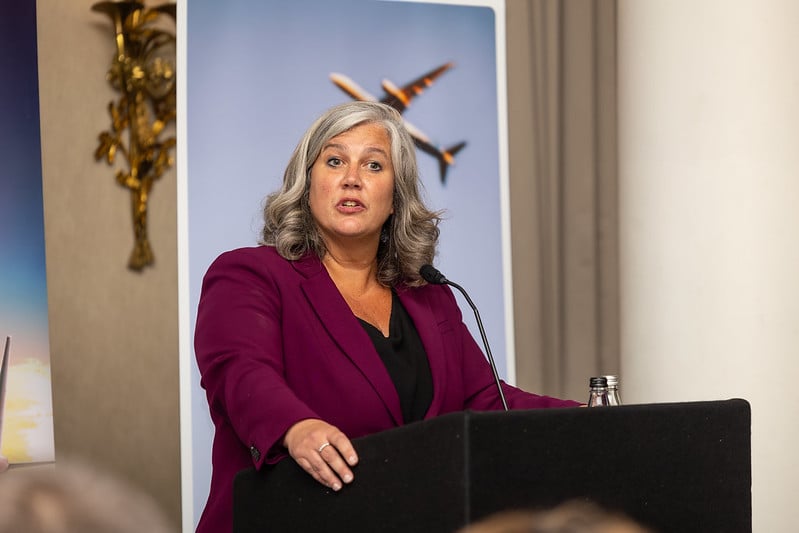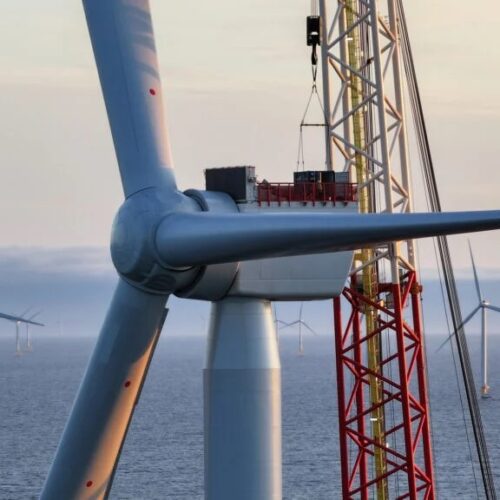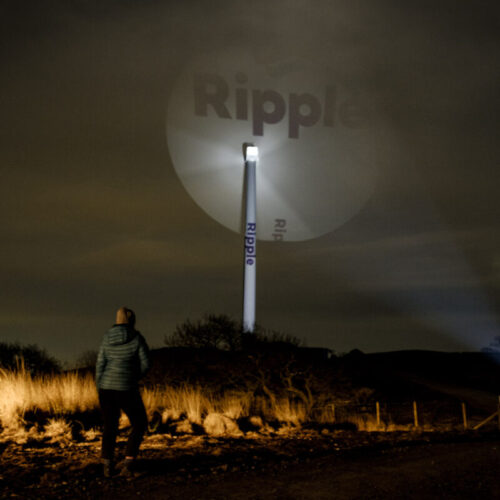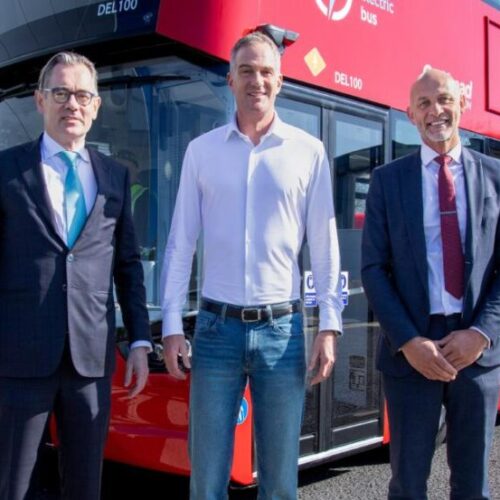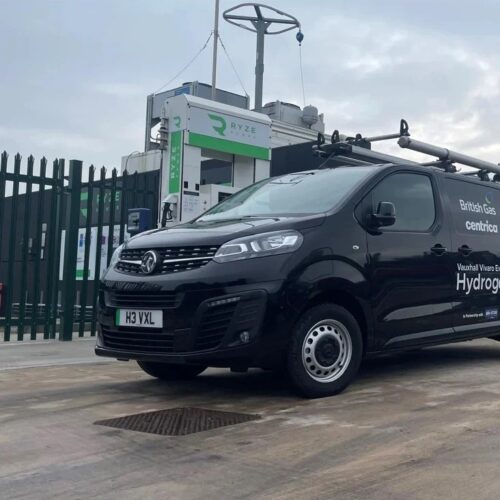Changes to the zero emission vehicle (ZEV) mandate threaten the EV charging sector and the environment, critics say.
On 7 March, the government published its updated ZEV mandate, recommitting to phase out internal combustion engine (ICE) vehicles by banning sales of new petrol and diesel vehicles from 2030, and mandating all new vehicles sold from 2035 must be zero emission.
The now-confirmed ZEV mandate permits sales of hybrid electric vehicles (HEVs) and plug-in hybrid electric vehicles (PHEVs) and ICE vans until 2035.
Head of transport and innovation at the Renewable Energy Association Matthew Adams called the news “disastrous” for the environment and EV charging sector.
Citing the fact that in December real-world emissions for PHEVs were revealed to be 243% higher than previously estimated, he said “it is clear that a decision to allow their sale until 2035 does not benefit the environment, consumers or the air they breathe”.
Other changes include the introduction of flexibilities that allow manufacturers to sell below a yearly target if in the following year they make up the difference through additional sales, with interest.
There is also the possibility that fines for not meeting mandated targets would be reduced to £12,000 from £15,000. The government said this will be confirmed following further stakeholder engagement.
This comes even as March saw record EV sales figures and the car manufacturing industry is, by all accounts, on track to meet targets under already-existing flexibilities written into the ZEV mandate.
Trump’s tariffs to affect car sales
This decision has been made public in the context of US president Donald Trump’s announced trade tariffs, which threaten UK car manufacturers that rely on American exports for a significant portion of sales.
The EV industry has assured that the tariffs introduced by Trump last week will have little bearing on the sector—few of the UK’s car exports to the US are electric, likewise imports—but the automotive industry more widely is faced with a 25% tariff on exports to its second largest market.
Secretary for transport Heidi Alexander said the government had to look at its EV plans with “renewed urgency”.
The government consulted on the ZEV mandate between December 2024 and February this year. The amendments announced yesterday were all included in this consultation, giving rise to the argument that, while Trump’s tariffs create a convenient backdrop for the weakened mandate, allowances had been agreed regardless.
Alexender, secretary for transport, was questioned about this on BBC Radio 4’s Today show. She said: “These are significant changes to the car industry. You are right to say we started the consultation on Christmas Eve and that we closed the consultation in the middle of February.”
Car manufacturers have for a while been calling on government for more support in the transition to electric vehicles. With the exact boundaries of the mandate blurred since the UK election, manufacturers have called for clarity as well as government incentives for consumers to switch to an EV.
Mike Hawes, chief executive of the Society of Motor Manufacturers and Traders (SMMT), commented that the updated mandate shows the government has listened to the industry and “recognised the intense pressure manufacturers are under”.
He continued: “ZEV Mandate targets are incredibly challenging, especially with a paucity of consumer demand and geopolitical upheaval. Growing EV demand to the levels needed still requires equally bold fiscal incentives, however, to give motorists full confidence to switch.”
However, head of transport at the Energy & Climate Intelligence Unit (ECIU), Colin Walker, said “it should be remembered that president Trump’s tariffs on UK car exports to the United States have very little to do with targets for EV sales here in the UK. There is little logic in weakening the mandate in the hope that it will help manufacturers deal with the problems these tariffs present.”
Consumer incentives not carmaker concessions
Research by the Institute for Public Policy Research (IPPR) published in the wake of Trump’s announced tariffs showed that over 25,000 direct jobs in the car manufacturing industry could be at risk as exports to America are predicted to fall, with UK employees at Jaguar Land Rover and the Cowley Mini factory seen as some of the most exposed.
Jaguar Land Rover’s owner Tata Group is, through its battery business Agratas, currently in the process of opening a £4 billion battery cell manufacturing facility in Somerset. The gigafactory is expected to create over 4,000 jobs.
Still, the IPPR states that the global export value of ICE cars fell 24% between 2018 and 2022, while sales of EVs soared 740%. The UK, as acknowledged by prime minister Keir Starmer when announcing the new ZEV mandate, is the largest EV market in Europe.
IPPR said the nation should take advantage of its pre-existing strengths moving forward and take advantage of the trend towards zero emissions transport.
It advised the government to encourage consumers to buy British-made, greener vehicles.
Pranesh Narayanan, research fellow at IPPR, said: “As one door closes, another one opens. There is huge untapped potential in manufacturing green planes, trains and automobiles and selling them at home and abroad. If the government use the upcoming industrial strategy to drive investment in these sectors, this could be the spark that leads to thousands of new consumers to start buying British and buying green.”
The introduction of what Vicky Read, CEO of ChargeUK, the trade body representing public chargepoint operators in the UK, called “back door amendments” to the mandate creates uncertainty for investment in EV charging infrastructure.
For consumers, the decision to buy an EV often weighs on confidence in the availability of charging infrastructure. However, without the demand for charging, i.e large numbers of EVs on the road, the business case for building chargers is difficult to make.
The additional flexibility in the ZEV mandate makes EV sales to 2030 harder to project (or at least to project along an upwards trend).
A paper published earlier this year by SMMT found that consumer incentives such as a 50% VAT reduction for private EV buyers could contribute to an additional 2.05 million EVs registered by the end of 2027.
COO of chargepoint operator (CPO) Be.EV, Adrian Fielden-Gray, said the update is another example of the government failing to provide enough incentives for EV drivers.
He said: “If the Government started introducing incentives to make the switch to EVs the obvious choice, car manufacturers would see their EV sales increase massively, and the question of whether the target should be 2030 or 2035 would become irrelevant.”
